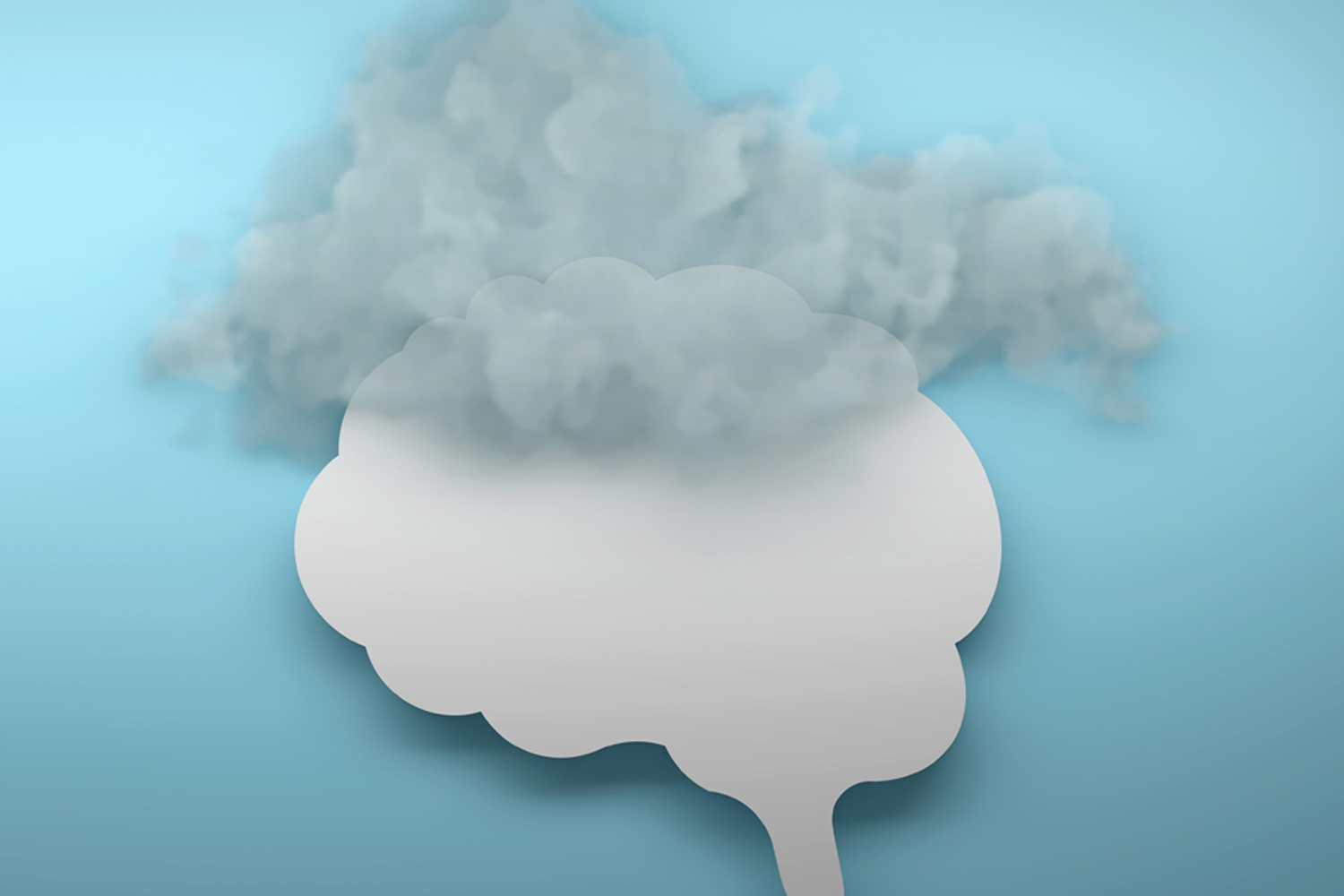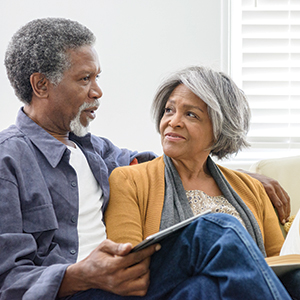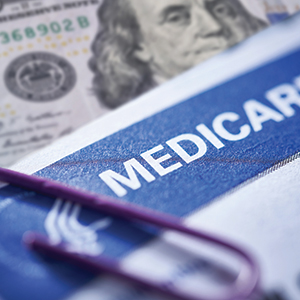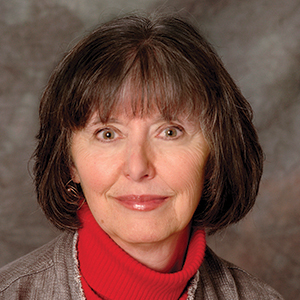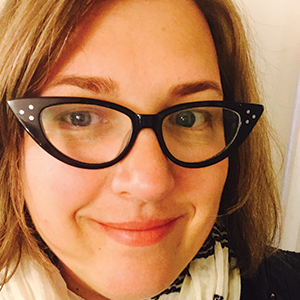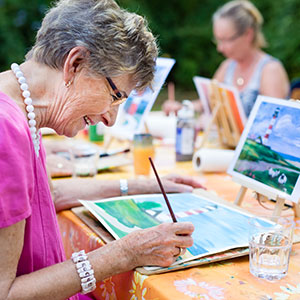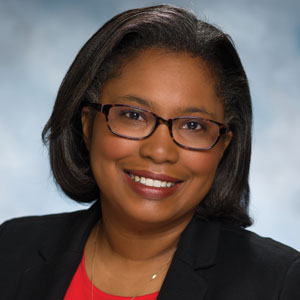-
Healthy Habits
Low-Effort EatsEating well during cancer treatment doesn't require a lot of work.
by Ashley P. Taylor
-
Forward Look
Investigating the Keto Diet’s Effects on CancerJocelyn Tan on what the studies show.
by Sue Rochman
-
Forward Look
Clinical Trials Need Cancer Caregivers TooResearchers are studying how to best support family members.
by Delia O’Hara
-
Forward Look
Medicare to Cover CAR-T Cell TherapyHigh cost may still limit access.
by Nancy Averett
-
Noble Art
Art therapist and licensed clinical professional counselor Jacqueline Carmody describes how a unique art therapy program helps people affected by cancer.
by Bradley Jones
-
How Disability Insurers Monitor Patients Online
Companies that offer disability insurance may monitor patients' social media accounts to determine if they qualify for the benefits being received.
by Kate Yandell
-
Your Cancer Guide
Do You Need to Talk?Follow these steps to find a therapist who can meet your needs.
by Hester Hill Schnipper
-
Caregiving With Confidence
Take Financial InventoryTreatment-related expenses can increase stress on both caregivers and patients. Learning to talk about these concerns may help ease the burden.
by Aimee Swartz
-
Get Involved
Creative TherapyVarious kinds of artistic expression can play a role in processing the emotional effects of cancer.
by Bradley Jones
-
Sound Advice
Winter 2019/2020vol 09 | issue 04
Experts offer advice on parenting a child who has had cancer, what to look for in a primary care provider, and peripheral neuropathy.
Cancer Talk
Connecting More Patients to Cancer Clinical Trials
AACR conference brings experts together to discuss strategies to reach people historically left out of cancer research.
by Eric Fitzsimmons
Treatment Combination Improves Survival in EGFR-positive Lung CancerAdding chemotherapy to targeted therapy improves outcomes for people with advanced EGFR-positive non-small cell lung cancer.
by Sandra Gordon
Lessons From 20 Years Living With CancerMultiple myeloma survivor Jonathan Gluck reflects on uncertainty, and the scientific progress that has kept him living with cancer for more than two decades.
by Eric Fitzsimmons
The Enduring Importance of Cancer Disparities ResearchOpening session from AACR conference highlights how perseverance and adversity have informed cancer disparities research over the years.
by Eric Fitzsimmons

